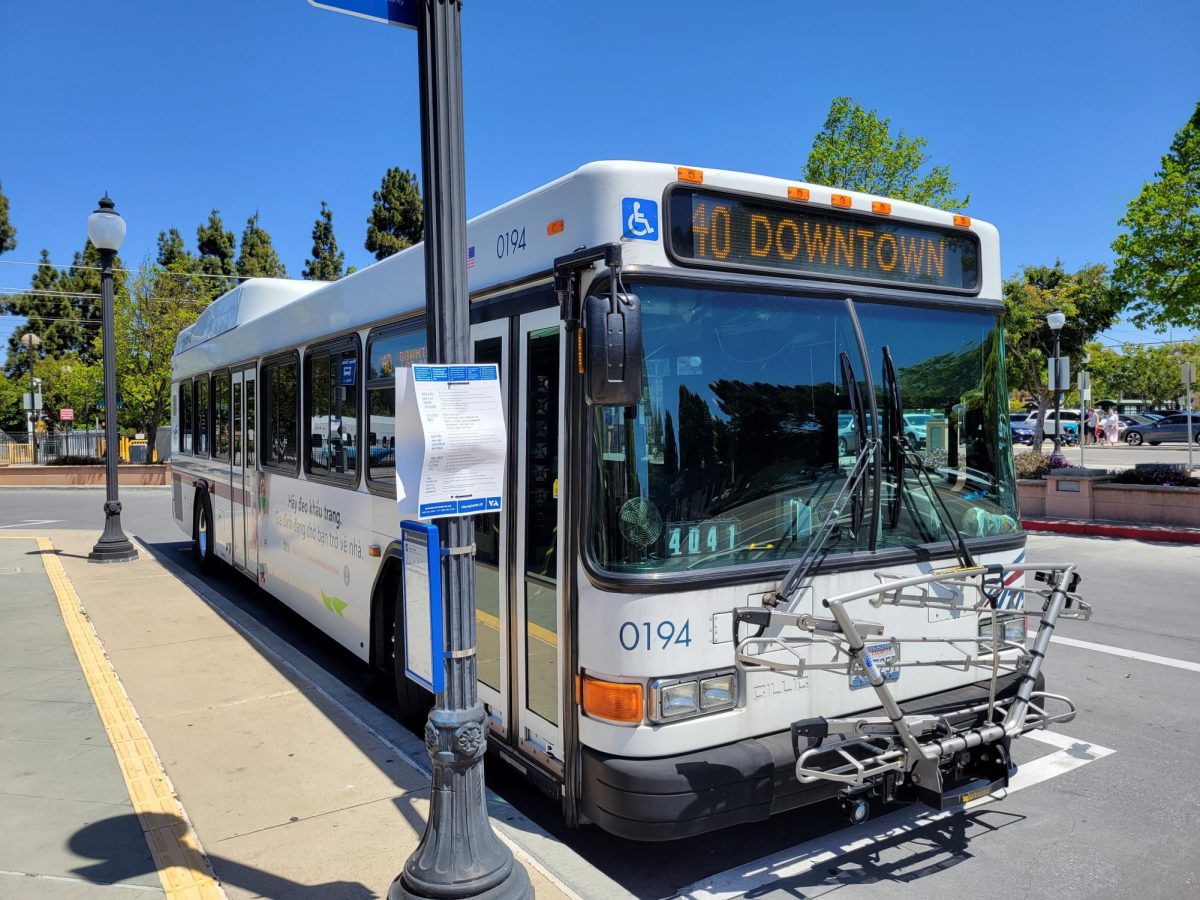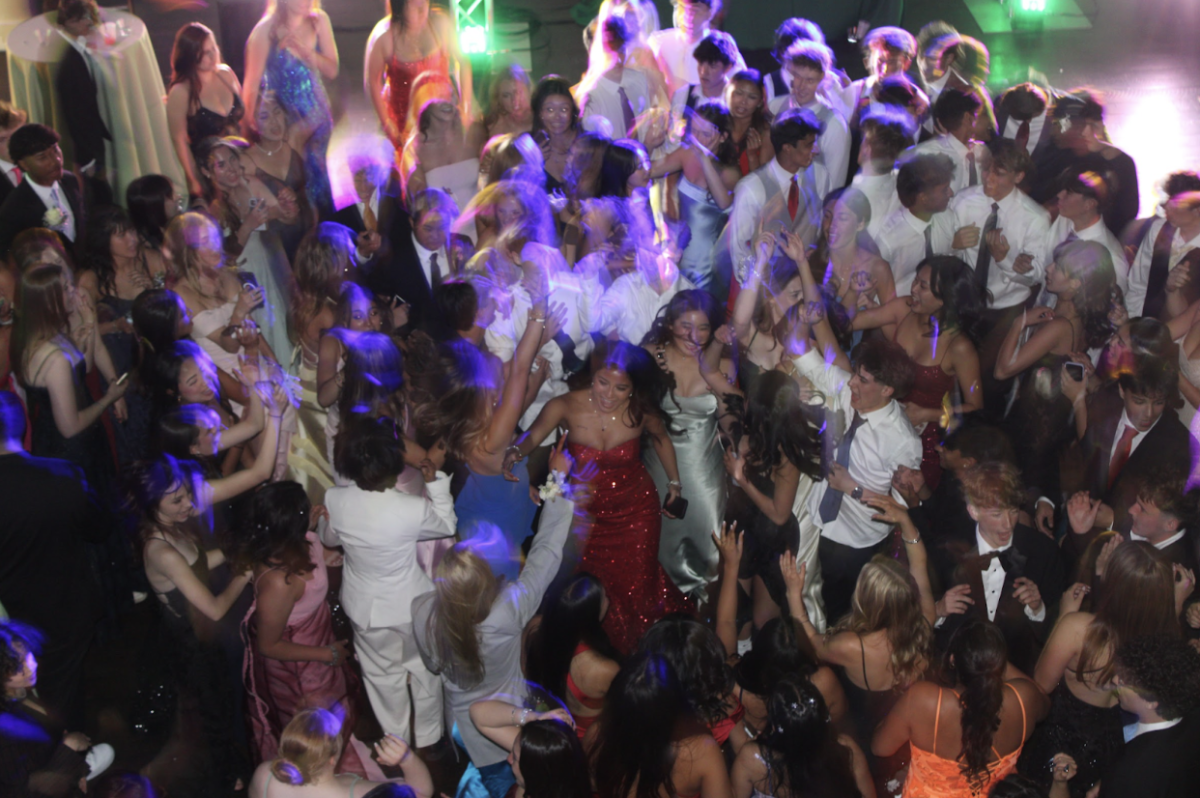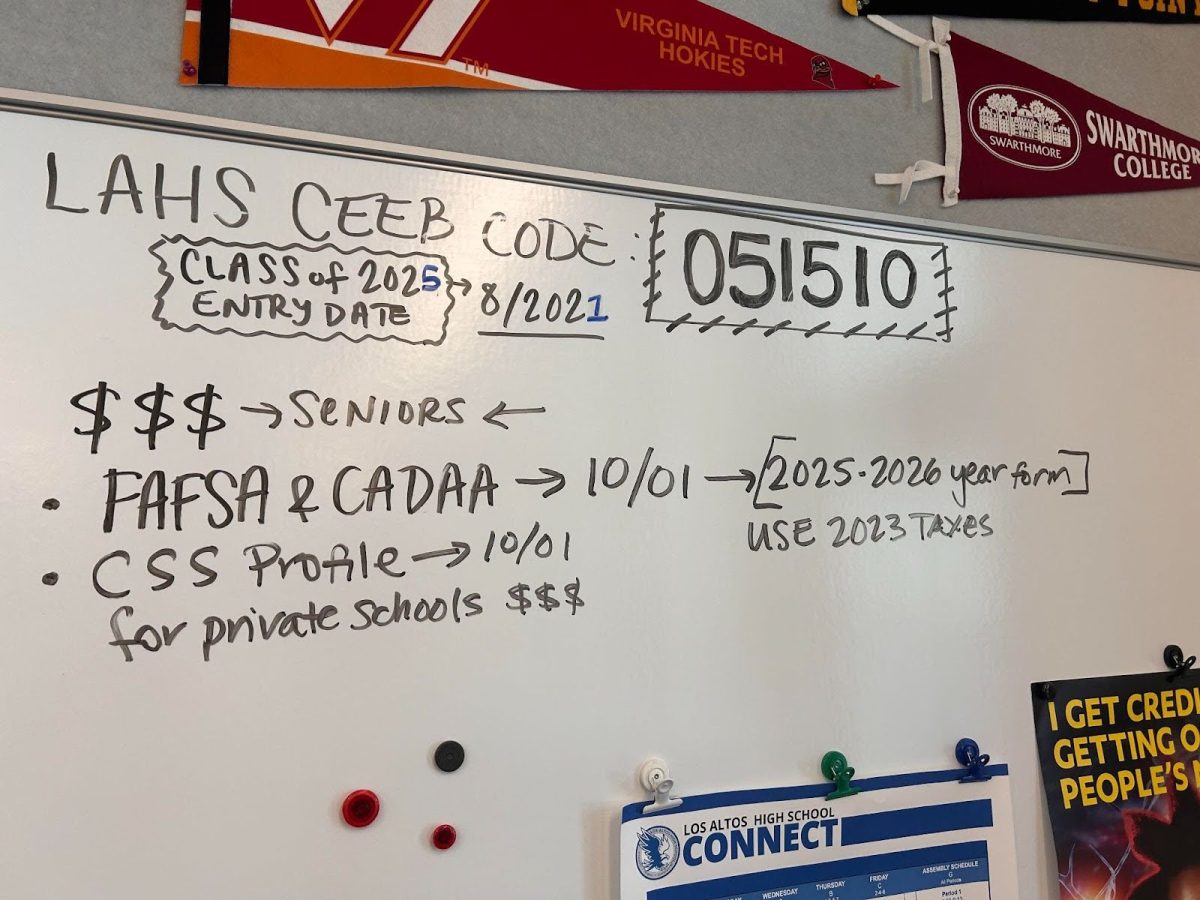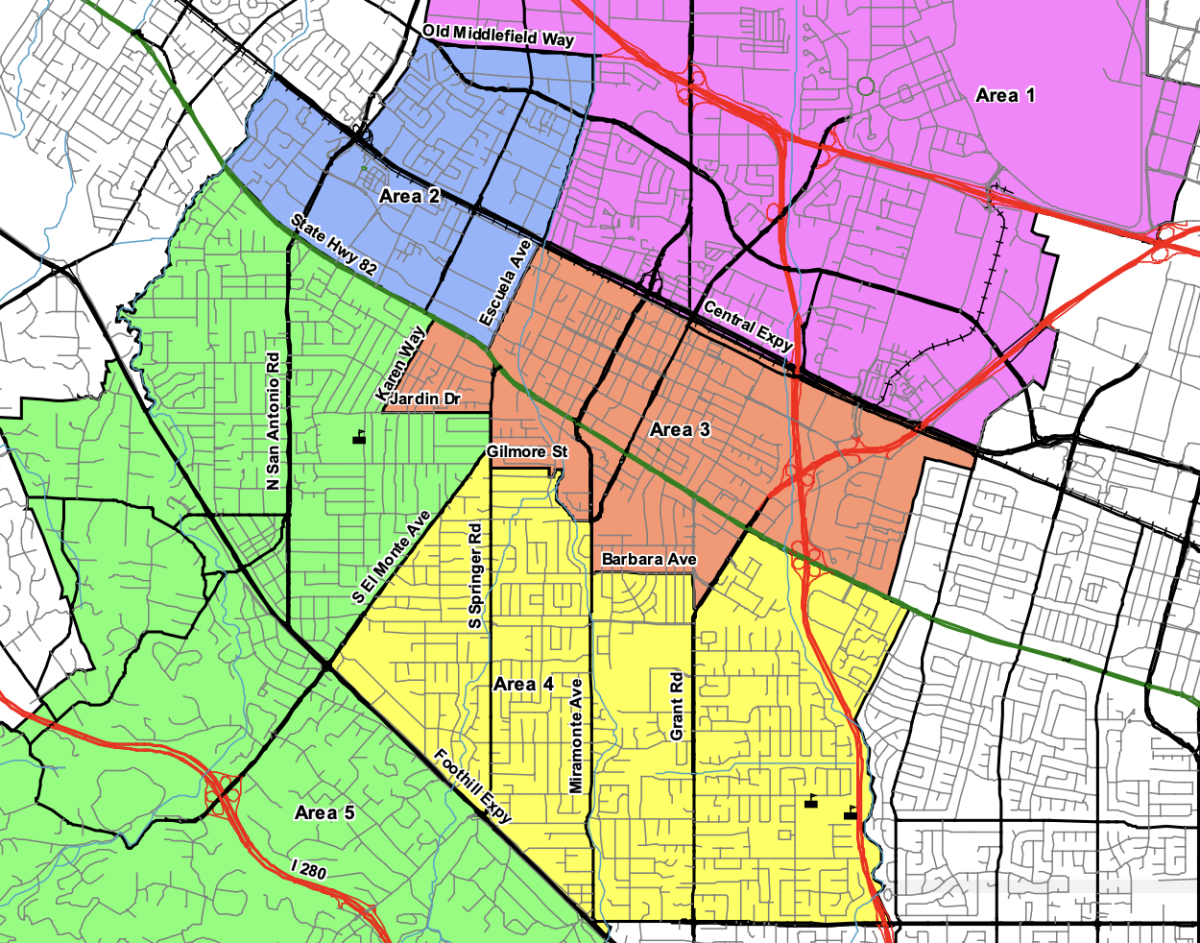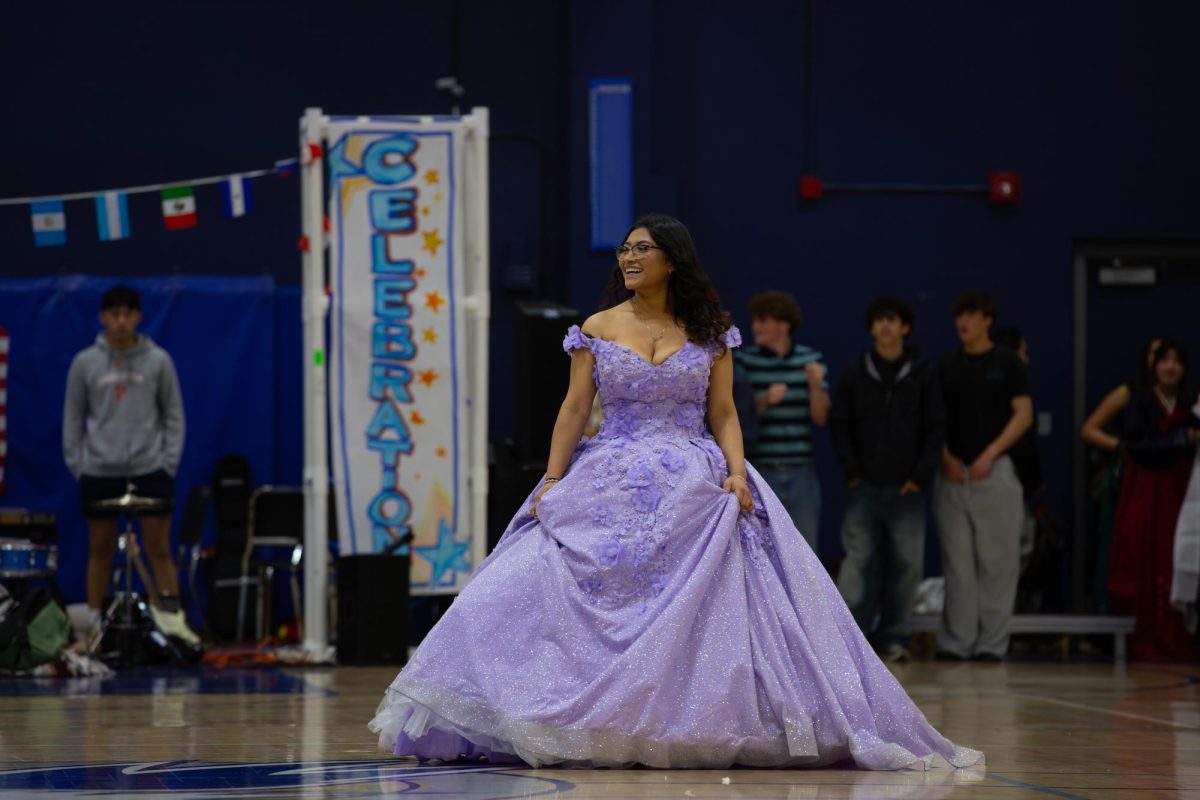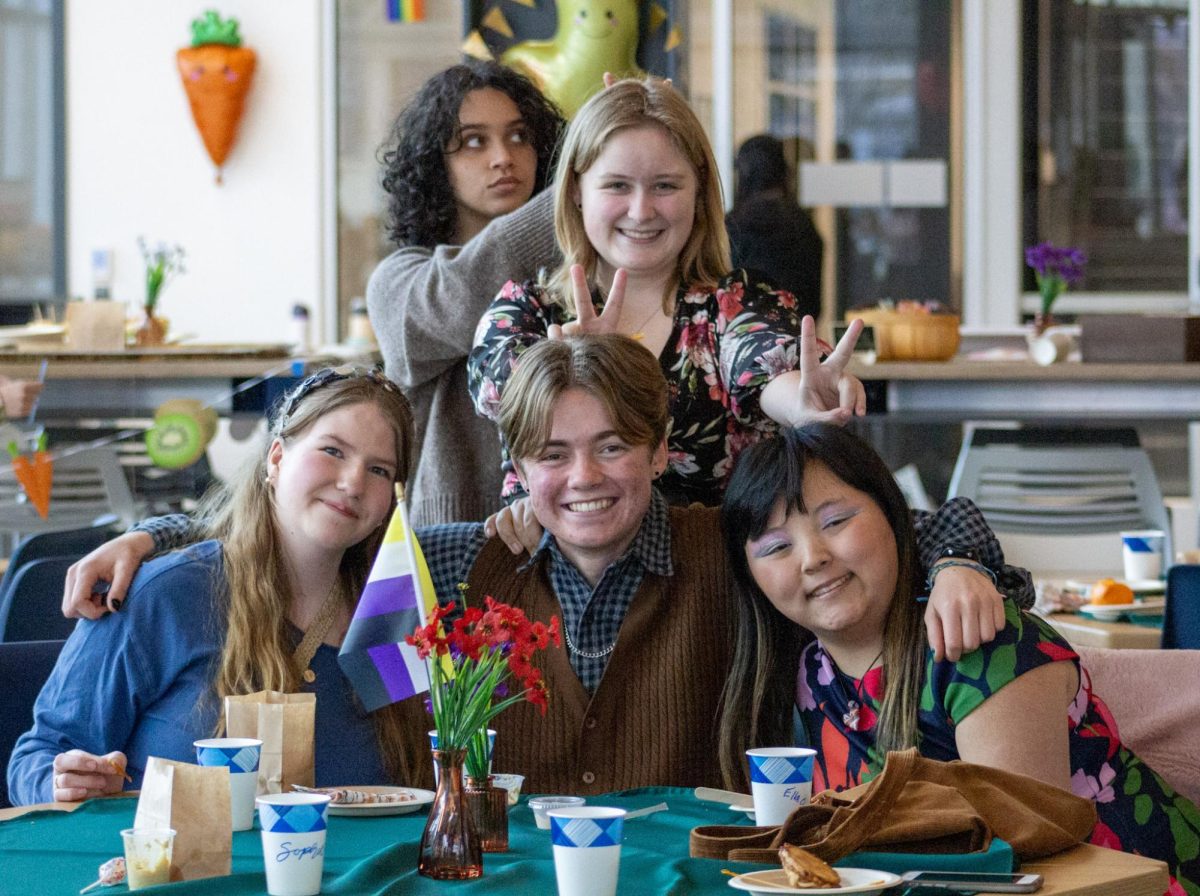MY son is 13 and already cultivating an eclectic sense of himself. His friends span the American rainbow, and taken together, look like an ad for Gap Kids. I once heard him tell a group of giggling teenage girls, “You’re the first girls from Georgia” — the country, not the state — “I’ve ever met.” His music taste vacillates between hip-hop and something the kids call dubstep. Ask him what he wants to be when he grows up, and he’ll sketch an arc that begins at Google, pit-stops in a German embassy, returns home for a stint in Hollywood, then decamps again to some “football club” in Central Europe. This is not so much a career plan as a plot for that “Buckaroo Banzai” sequel that somehow never got made.
I generally resist the urge to tell the boy what everyone knows — that if there’s no risk to a frontal lobe, it’s not football. Still, hearing him talk about colleges proved too much. First it was Caltech. Then it was U.C.L.A. As a fan of historically black colleges and universities, this conversation always makes me die just a little.
I went to Howard University, the sort of school a black kid once looked to when endeavoring to become A Credit To The Race. The alumni list spans the black experience — Zora Neale Hurston, Vernon Jordan, Jeremiah Wright, Debbie Allen, Edward Brooke and Toni Morrison. But since the 1960s, the near-monopoly on black talent, once enjoyed by schools like Howard, has evaporated. Though enrollment at Howard rebounded a bit this year, the numbers have been worryingly low and the university’s finances are troubled.
My son is a native of uncertain times. In the land of stop and frisk, history stalks him. But his president is black. And institutions that once defined themselves by his exclusion have thrown open their doors. But as the options for kids like my son have grown in unimaginable ways, the fortunes of black schools have declined.
Howard, which nurtured civil rights warriors like Andrew Young, Thurgood Marshall and Charles Hamilton Houston, has played a special role in the work of integration. But an unspeakable conclusion has followed from that work — that the job of Howard University is to pave the way for its own obsolescence.
That terrible tension was on vivid display last weekend at Howard. A group of us — black parents with ties to The Mecca, as we call it — returned for Homecoming weekend. The football game (versus Morgan State University) was sloppy. A great many of the best college football players are black, but since the fall of Jim Crow, schools like Howard have not been able to compete for them.
But at a black school, football is barely the point. The point is the bands that battle at halftime. The point is the affection in the stands, the warm banter between us, which we invented out on the margins of America.
Howard won. We cheered and walked out on the Yard where thousands of black college students and black college graduates assembled in reunion. Love was free-flowing. Cameras were passed. Memory cards were filled. I walked past Douglass Hall, and thought of my professors who put The Struggle in my heart and Consciousness in my head. There was tailgating just off campus. The entire community was there, from hustlers running card games to Kappas running steps.
I came to Howard as an insecure 17-year-old boy from Maryland, with none of the confidence that oozes out of my son. In my youth, doubting your own humanity, which is to say your own beauty, your own intelligence, your own history, came easy. Resisting the hatred in my heart could be accomplished only in a crowd, where 10,000 others like me, who sang a variant of that same blues, could lay on hands.
The borders of our black lives are still tragedy and injustice. What happens within is something more. We are a particular sort of family — with no corollary in this country.
I think of my son’s needs, and I am conflicted. He is heir to something wonderful. White supremacy made us a “race.” But by our own invention we became something more: a people.
Forgetting the past too well is costly. You walk into Barneys, only to discover you have committed an offense — as a lawsuit filed last week by a black shopper who was detained after buying a Ferragamo belt there made clear. Remembering too well is costlier still — you can count on two hands those of us who saw Barack Obama in 2000 on the South Side of Chicago and believed. We are more segregated than any group in American history. We suffer from this. We are enlightened by this. We are democratized by this.
“Perhaps home,” wrote James Baldwin, “is not a place but simply an irrevocable condition.” The trick is to balance this with other conditions, to feel France in your heart, and to reconcile it to Harlem. In that business, the father is called to account. It had been 10 years since I had last been to Homecoming — nearly the life span of my son. When I finally returned, I took him with me. He came home with a Howard hoodie. It had been too long. But it is not yet too late.



